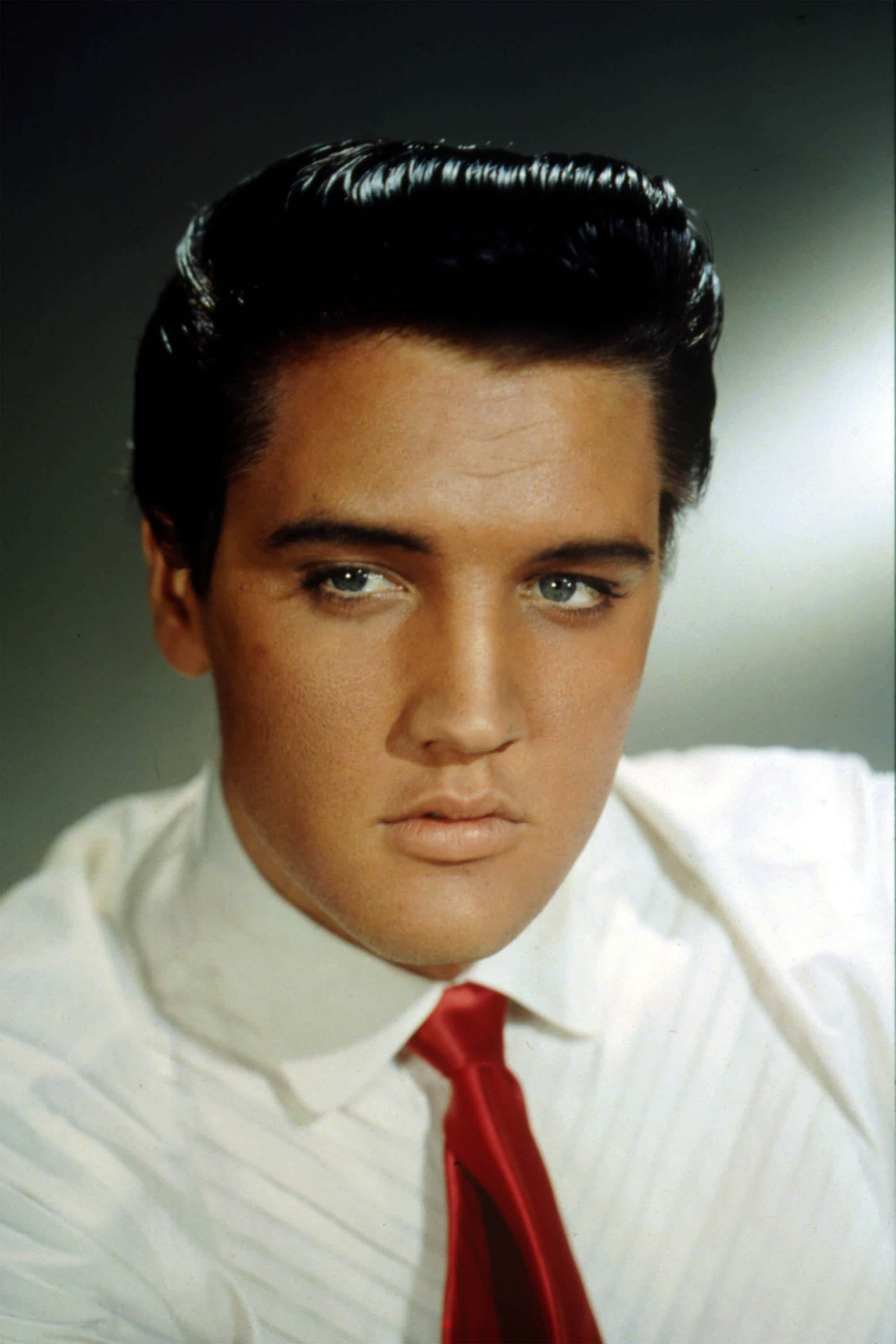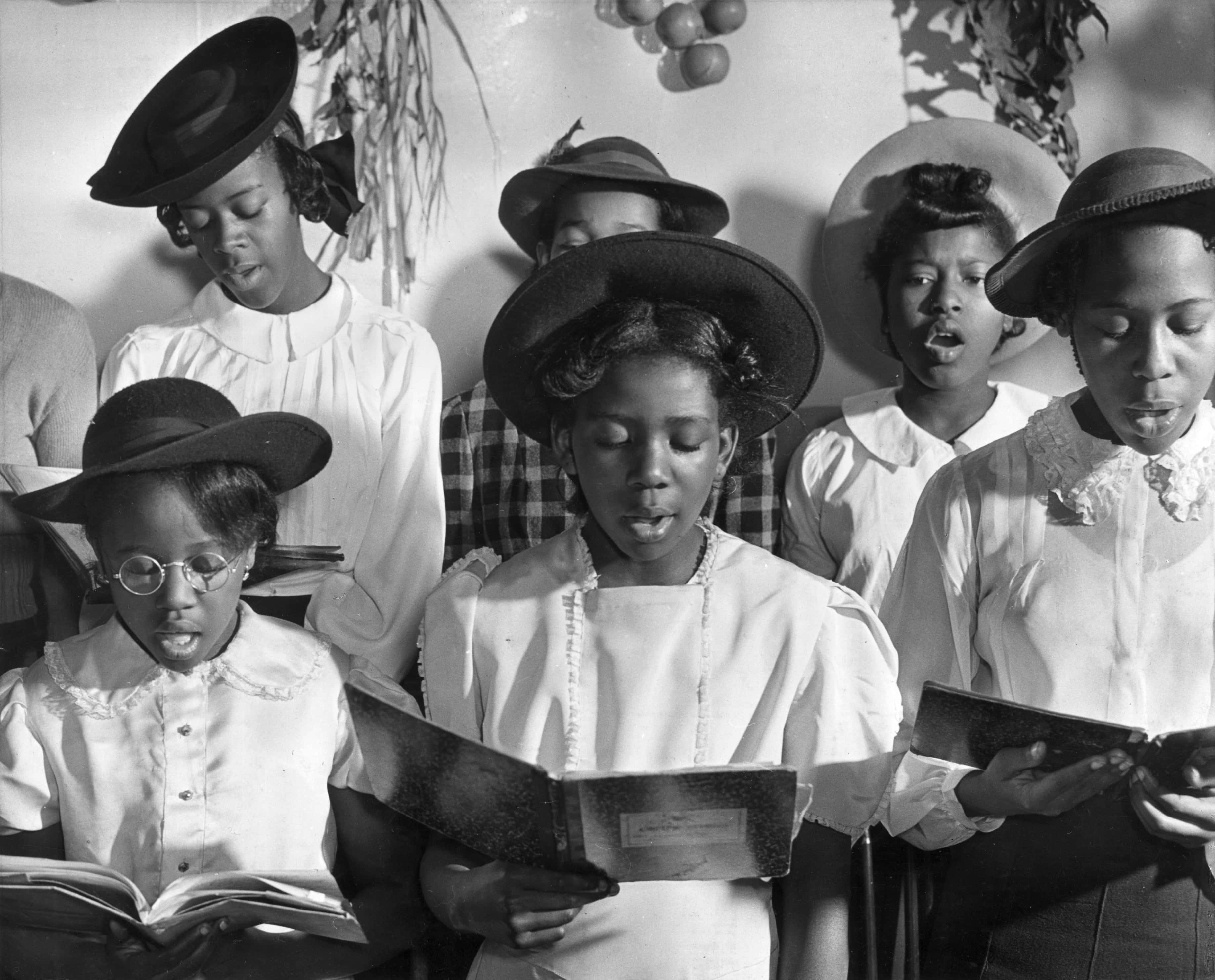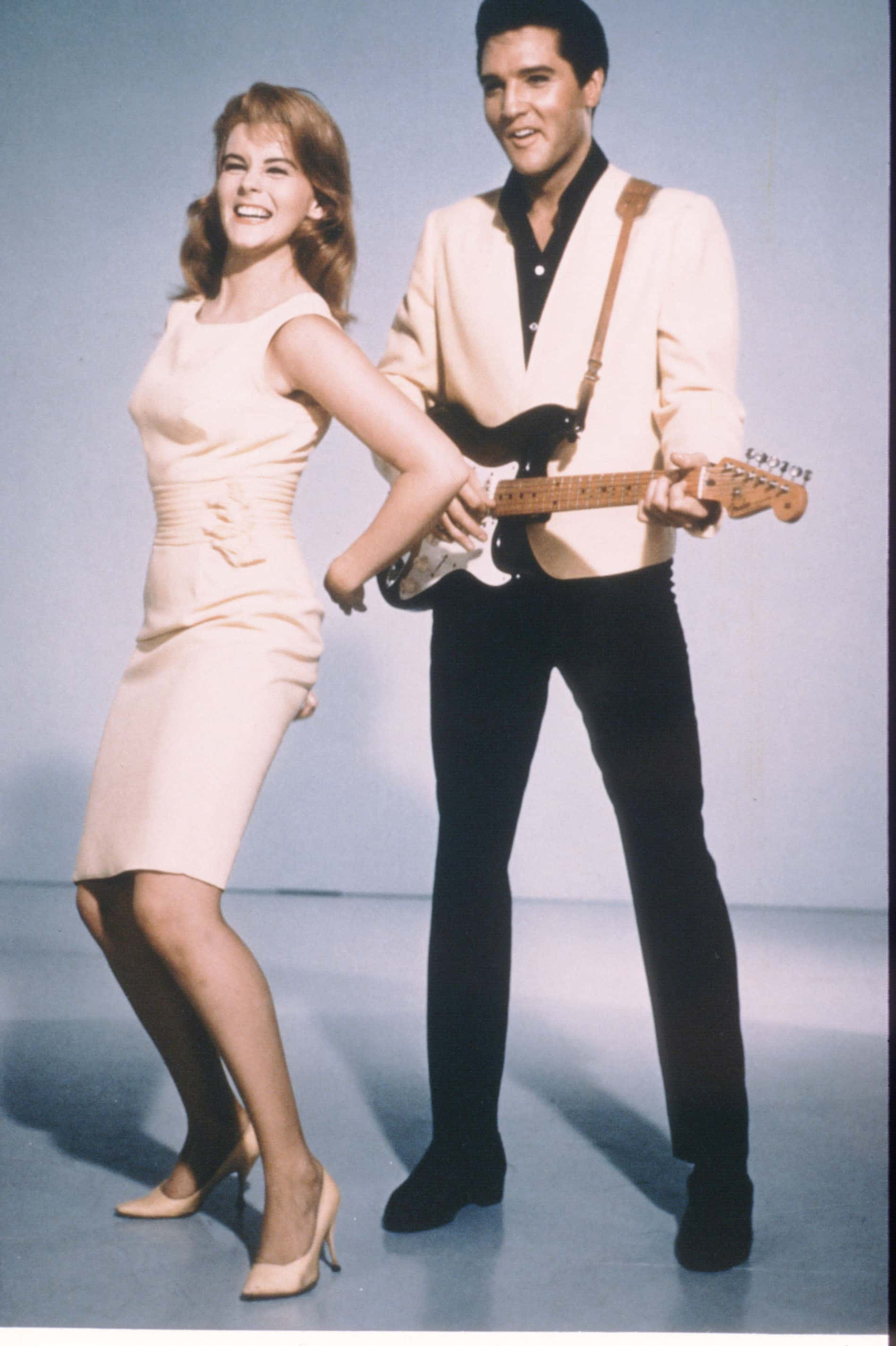Elvis Week 2020: A closer look at Elvis Presley's early fascination with gospel music and the silver screen

Elvis "The King" Presley was revered as one of the most significant cultural icons of the 20th century. Riding on the back of the United States' victory in World War II and the economic and technological changes that followed in its wake, one could say that Elvis Presley came of age when America herself was coming of age as a fledgling world superpower. During Elvis’s lifetime (1935 - 1977), the USA left behind its rural and agricultural frontier country moorings for a highly urbanized industrial age. As a cultural icon of this transformational period, Elvis bridged this gap between the many Americas. His live performances enthralled audiences, his songs flooded the radio waves and his film and television stints made him the vanguard of an entire generation. He bridged the gap between the rich and poor, the Blacks and Whites, the rural and urban, the puritans and liberals.

But what was it about Elvis that made him so special? His poverty-stricken childhood definitely gave him a unique perspective and drive. But it also drew him to another significant factor in his life, which was his relationship to religion and spirituality, especially gospel music and worship songs. Though his mother, Gladys, gave him a proper Christian grounding, the young Elvis also stumbled upon another form of joyous and unencumbered spirituality. Growing up in a racially segregated America, Elvis was fascinated with the music of churches attended by Black folk, and the unique flavor they brought to music.

When Elvis’s family moved to Memphis, they started visiting the Poplar Street Mission. Impressed by their music, Elvis’s mother requested the Reverend JJ Denson for guitar lessons. The task for training Elvis fell upon the Reverend’s son, Jesse Lee, who was a talented musician in his own right. Initially, Jesse did not want anything to do with Elvis, who he described as a shy and timid kid. Jesse was an excellent athlete who ran around with the tough kids in Lauderdale Courts (the public housing tenements in downtown Memphis) and was apprehensive that he would be teased by his friends if he was seen with Elvis. After being admonished by his mother, Jesse gave in and became Elvis’s first guitar teacher. So it was actually a preacher’s son who showed Elvis his first basic chords and gave him a solid foundation on guitar. Along with Jesse, Johnny Black and his big brother, Bill, Elvis started performing at Market Mall, the shaded pathway that ran down the middle of his tenement.
Besides this firsthand experience of learning how to play the guitar, Memphis radio during the 1950s was a melting pot of musical vistas and styles. Just listening to the radio every day was sufficient for a thorough education in music. Music was truly for all and Elvis's family was immersed in it. Gospel outfits like the Blackwood Brothers Quartet and the energetic Statesmen Quartet were the favorite musical acts of Gladys and Vernon, Elvis’s parents. Elvis himself was heavily influenced by both these groups. He attended numerous all-night gospel sessions of theirs at the Ellis Auditorium was deeply smitten by their music. When three members of Blackwood Brothers Quartet died in an infamous plane crash in Alabama, Elvis was inconsolable. Another gregarious influence on the radio waves was Daddy-O-Dewey aka Dewey Phillips, who with his unbiased approach to music, literally lit up the soundscape of Memphis. Interestingly, while Elvis listened to, played and sang both gospel and secular music throughout his career, he always refused to improvise on the gospel numbers. This reverence for the art form reveals a certain purity with which Elvis approached the gospel genre, seeing as it transported him to another place altogether.
Elvis’s growth as a musician and performer can be attributed to his childhood poverty, fascination with gospel music and musical education via the radio. But to grasp his status as the very first real American Idol, we need to consider the role of Colonel Tom Parker as Elvis’s manager. As Elvis’s second manager, it was Colonel Tom Parker who saw Elvis’s true potential. He understood that Elvis possessed a quality of protean plasticity, which was apt for the age of film and television. Colonel Parker understood that concert tours could only take an artist so far, and his aim was to introduce Elvis to the largest possible audience. So when Elvis signed with RCA, Colonel Parker brought the Elvis Presley phenomenon to the world. It was a world that Elvis had already dreamed and prepared for, through his adoration of stars like Marlon Brando and James Dean.

Elvis’s foray into this up and coming world of film and television manifested in 1956 through six episodes of the CBS-produced 'Stage Show'. In the very first episode itself, one could tell that Elvis was made for the silver screen. His sense of style and mannerisms, alternating between coy and confident, made him an exciting prospect. That same year, Elvis got his big break via the musical 'Love Me Tender', when his soundtrack for the movie emerged as a commercial hit. The EP that resulted went on to feature in his next three movies, songs that would make Elvis a true legend. Elvis went on to star in around 30 films, but it was films like 'Jailhouse Rock', 'King Creole', 'Viva Las Vegas', and 'Follow That Dream' that rooked in the moolah and made him a household name. Nevertheless, Elvis didn’t really have the film career that was in line with his lofty aspirations.
After being drafted into the army, Elvis was kept away from the stage and silver screen for two years (from 1958 to 1960), a break at his peak that would have hampered the career of any superstar. Nevertheless, Elvis did return to the entertainment industry after his service, made a number of films and continued to tour successfully. However, Elvis, the film star, did being a certain zing to show business, which made him the King of Rock and Roll to his adoring fanbase. Commercially speaking, Elvis did pretty well, but the critical reception for films was not that great, and he never got to the same level as the film stars he adored. Elvis would later attribute this to mismanagement or rather a difference in creative perspectives. He believed that since they were focused on the monetary angle, his managers weren’t able to deliver him the right roles from a cinematic point of view. Disappointed, Elvis returned to what he knew best, delivering rock and roll on the biggest of stages. His last two theatrical releases, 'Elvis: That's The Way It Is' and 'Elvis on Tour' in 1972 rested on the theme of Elvis as the musician, so at least his cinematic career played out in grand style, as the King himself would have envisioned.










